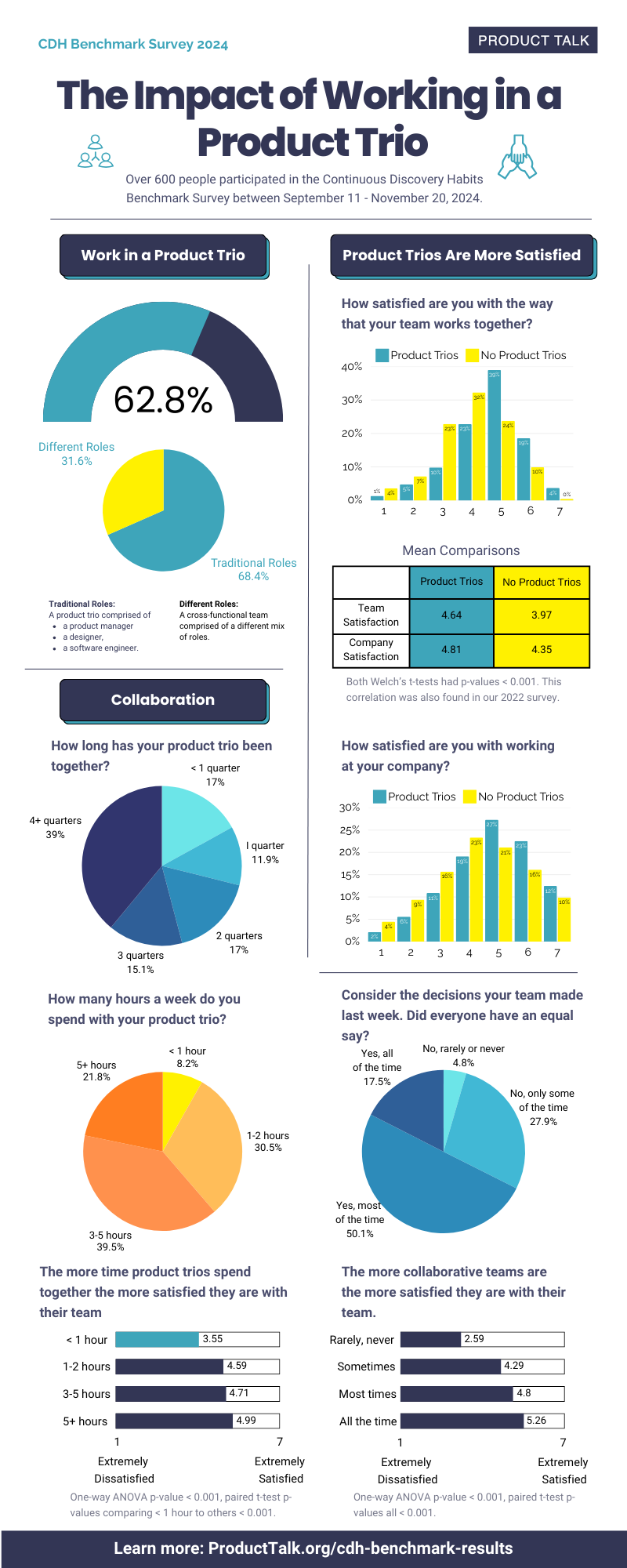is it my responsibility to have a work-from-home set-up even if I don’t normally work from home?
This post was written by Alison Green and published on Ask a Manager. A reader writes: I work for a company that has around 600 employees and several offices in a few different countries. Recently a different office was refurbished, and during the refurbishment all the employees who worked there had to work from home. It ended up taking longer than planned and they were all working from […]

This post was written by Alison Green and published on Ask a Manager.
A reader writes:
I work for a company that has around 600 employees and several offices in a few different countries. Recently a different office was refurbished, and during the refurbishment all the employees who worked there had to work from home. It ended up taking longer than planned and they were all working from home for around two and a half weeks.
Our employer is very pro-working-from-home, and I’m one of a small handful of employees who works in an office every day. I like office working, but part of the reason I do it every day is that I live in a shared apartment in an expensive city where my room could be described as “cupboard size.” There is a small table in the shared kitchen/living room which I have used to work from at in a pinch (e.g., I need to let an emergency plumber in when neither of my roommate could be at home). This is definitely not something I could do for more than a day without it being really annoying for me and my flatmates. I live within a 15-minute walk of the office so while I don’t love cupboard life, it works for me, and the crazy rental market here means I am in no hurry to look for somewhere else to live.
My question is this: if a similar office refurb was announced for my office, what would my options be? Is it just an expectation for employees at work-from-homeable jobs to be able to make it work? Realistically I could ask around and find friends or family who could find the space for me to work for a week or so, but it’s quite a big favor to ask. The kind of work we do requires multiple screens to be efficient (people who work from home regularly are provided with monitors) so it’s not something I could do from a library or a coffeeshop. Could I ask my company to pay for a coworking space (one of the fancy ones with monitors) for the time spent with no office? Would it be really out of touch for me to ask?
This is a hypothetical question because I don’t see it happening for my office but I’m interested to know what the etiquette is.
As with so many things about work, there’s what should happen and then there’s what does happen.
What should happen is that if your office expects you to work from home during something like a renovation or an electrical outage or so forth and you don’t have the ability to work from home — and you didn’t explicitly accept the job knowing that sometimes working from home would be part of the deal — they should either (a) provide alternate space for you to work from (like a coworking space) or (b) give you paid time off for that period (which shouldn’t come out of your normal vacation time, because you’re not choosing to use your time that way).
What often happens in reality, though, is that you’re just expected to find a way to make it work on your own — meaning you either work from that tiny table in your shared kitchen, or you go to a coffeeshop or a friend’s house, etc. If the office disruption is just for a day or two, you might end up being given paid time off to cover it, but otherwise they’re likely to expect you to figure it out. You could probably get them to provide you with another screen though.
But that’s not to say it would be out of touch to ask about options! You could definitely ask about getting a coworking space covered, particularly if it’s going to be longer than a couple of days (and if the situation is looking like it’s going to be more than a week — and especially if it’s stretching to a month or longer — your chances of them saying yes go up).





























































































![How One Brand Solved the Marketing Attribution Puzzle [Video]](https://contentmarketinginstitute.com/wp-content/uploads/2025/03/marketing-attribution-model-600x338.png?#)

![Building A Digital PR Strategy: 10 Essential Steps for Beginners [With Examples]](https://buzzsumo.com/wp-content/uploads/2023/09/Building-A-Digital-PR-Strategy-10-Essential-Steps-for-Beginners-With-Examples-bblog-masthead.jpg)











![How to Use GA4 to Track Social Media Traffic: 6 Questions, Answers and Insights [VIDEO]](https://www.orbitmedia.com/wp-content/uploads/2023/06/ab-testing.png)




![[HYBRID] ?? Graphic Designer](https://a5.behance.net/cbf14bc4db9a71317196ed0ed346987c1adde3bb/img/site/generic-share.png)






















